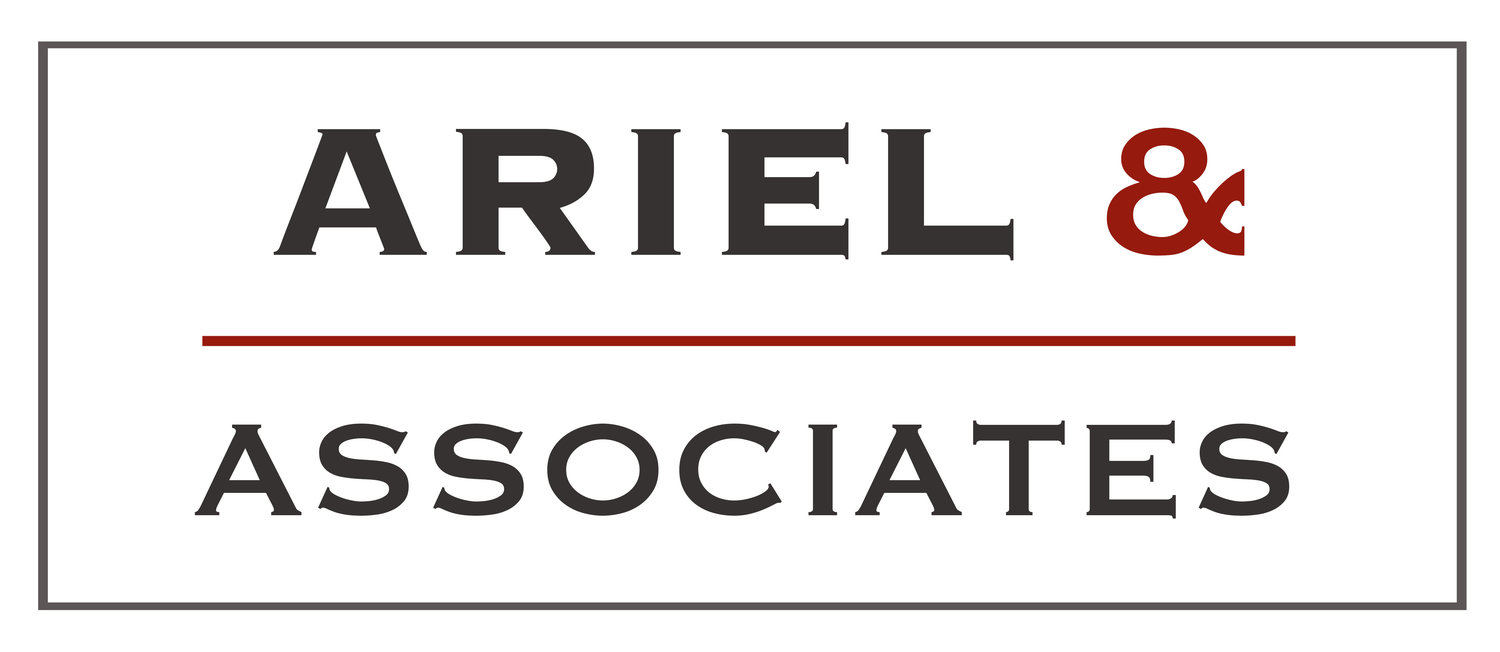I have had a few queries recently about company records, so thought it would be of interest to post about an important and fundamental concept - minutes. More significantly, Board minutes. To illustrate the importance of maintaining a proper set of minutes, it is prudent to understand their significance and the consequences of inappropriately drafted minutes.
Put simply, minutes form a contemporaneous record of Board decisions, as well as the processes by which the decisions were arrived at. The Institute of Chartered Secretaries and Administrators (United Kingdom) has provided the following in regard to its interpretation of minutes - “The purpose of minutes is to provide an accurate, impartial and balanced internal record of the business transacted at a meeting”.
With this in mind, minutes can be used as evidence in any future Court proceeding. Therefore, it is vital that directors ensure that the minutes accurately reflect the meeting’s proceedings, especially their personal involvement in regard to any decision or resolution.
When drafting minutes, it is important to consider the following:
Clear and Concise - Minutes are not meant to form a running transcript as to how a decision was arrived at.
Collective Summary - Minutes should represent the concept of the decision making process and not a verbatim discussion with each director’s perspective detailed. Occasionally, directors may wish to formally acknowledge their opposition to a certain matter - this should be the exception rather than the rule.
Individuals - Minutes should not record the voting pattern of participants, but should instead record the reason the majority of directors were in favour of the decision, notwithstanding any dissenting views.
Temper the language - Discussions in a meeting can be robust, but it is important that directors not be muzzled for fear that untested theories or playing devil’s advocate be recorded. Words such as the Board “discussed”, “debated”, “questioned”, “enquired”, “requested information on”, ‘tested their understanding” can be useful ways to accurately record Board discussions.
Recording decisions - Minutes should reflect the reasons a decision was made. This is crucial when demonstrating how the directors discharged their duty to act with care and diligence, as well as exercising their powers in good faith, for a proper purpose and in the best interests of the company. [Refer to the general duties of directors pursuant to Section 180 and Section 181 of the Corporations Act 2001 (Cth)].
Time - Unless in exceptional circumstances, the time taken to arrive at certain decisions should not be recorded in the minutes. It could be potentially misleading to include the time spent on a certain item, as this may not properly indicate the quality of the discussion nor the calibre of the accompanying Board papers from which the decision was made.
Accuracy - Minutes should be drafted as soon as possible and disseminated to all Board members within an appropriate period of time. These minutes will then be considered and signed off as a true and accurate reflection at the following Board meeting.
Retention of Notes - It is essential that minutes represent the sole and permanent record of the meeting’s proceedings. Retaining notes may have the unintended consequence of undermining the integrity of the minutes as the final record of the meeting.
Section 251A of the Corporations Act 2001 (Cth) provides legislative scope in regard to minutes.
Should you have any queries about minutes or other issues involving compliance, licensing, or corporate governance, please contact Jeremy Danon, director of Ariel & Associates Pty Ltd on (02) 8223 3355 or at jeremy@ariel.associates.
